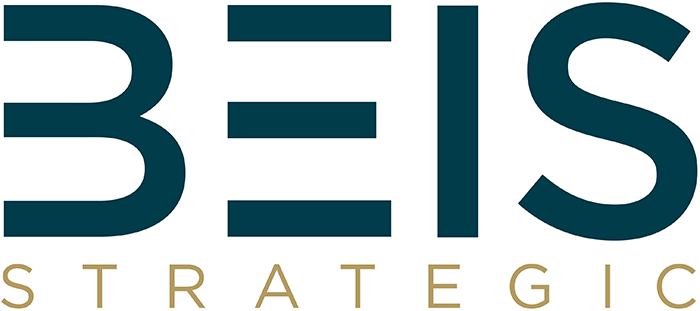
Mitigating risk during a recession
There is a broad consensus that recession is coming to the major economies if it is not here already. Reported inflation rates of CPI in the UK is at 9.1% in the 12 months to May 2022, which is up from 9.0% in April, according to the Office for National Statistics. This means that not only is there high levels of inflation, but that it is increasing in velocity. There is a similar pattern across the Eurozone and the USA, with their inflation figures at 8.1% and 8.6% respectively according to sources from Reuters and the BBC.
These price rises are particularly noticeable in everyday items, such as food, fuel, and energy. Almost all consumers, cascaded across the economy, are feeling the pain of this, so it not constrained to one portion of the population but rather impacting everyone. Household budgets are needing close management in the face of these higher costs for essential items, and wages are not keeping pace with the inflationary figures.
Interest rates are the common tool for managing inflation, which have been at historic lows for the past decade in an attempt to stimulate demand and growth in otherwise sluggish economies. In June, the Federal Reserve raised interest rates to a range of 1.5% to 1.75%, with expectations for rates to rise further to 3.25% to 3.5% at the end of 2022 and almost 4.5% in 2023. The UK economic cycle has closely mirrored that of the US throughout history, which is to note that similar measures and impacts have been, and will be, enacted by the Bank of England.
The rise in interest rates will make the cost of mortgages and consumer debt more expensive, with variable rate mortgages first to be impacted and fixed rate mortgages later. The cost of borrowing will increase as well, acting as a disincentive, with consumers and businesses putting off their investments. There are, of course, many drivers of economic behaviour and consumer confidence of which, inflation and interest rates are only two elements.
For business, this is an important period to manage and prepare for. Expectations are for the recession to continue into Q1 and Q2 2023. The Covid-19 pandemic is still being navigated by many firms, but it is essential to understand the impacts of what is about to arrive so that firms are positioned in as strong a position as possible. Supply chain shortages and unprecedented increases in shipping costs have led to input costs to rise, with many firms being reticent or unable to fully pass these into the market as price rises.
These challenges have also meant that many businesses, across all markets, have increased their stocking levels to historic highs. Increased stock has been an active decision from many Boards, with some having experienced stock out situations and seeing an opportunity to capitalise on competitor shortfalls. However, the next year is going to be turbulent in the face of a higher cost base and a weaker underlying demand. Many businesses will face the problem of high stocks, which are difficult to sell.
Strategic reviews and refinements are required now to mitigate risk, and to maximise the opportunities that will be presented as a result. There is opportunity in every recession – both in terms of where the consumers look to pivot their spending to, and how the economy is typically stimulated by macro levers. Product pricing and new product development is critical to review and correct now. Assumptions and forecasts for product plans should be reviewed and addressed considering the future market conditions, alongside analysis of whether new markets and verticals provide opportunity for revenue growth in an inflationary market with weak underlying demand.
